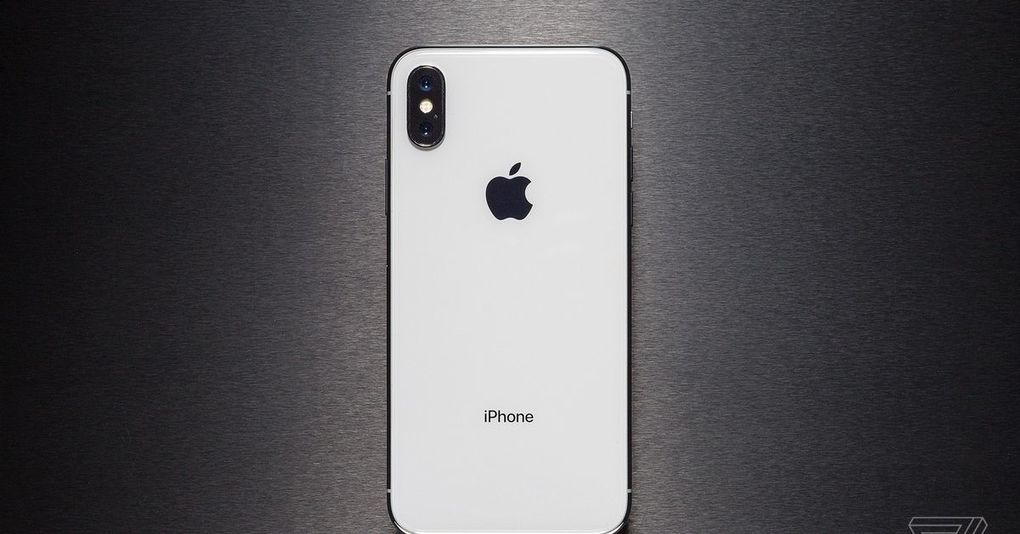If 11 million people replaced their iPhone’s battery for $29 rather than spending $1,000 on a new iPhone, that would roughly equate to $11 billion in lost revenue. For reference, Apple said it expected to make between $5 and $9 billion less in its revised forecast. Of course, not every customer that replaced their battery would have definitely bought a new phone, and Apple’s original earnings forecast should have accounted for the replacements, but these numbers give an idea at the scale of the consumer response.
COOK SAID THAT “UPGRADE RATES” DID NOT FACTOR INTO THE DECISION
The discounted pricing for battery replacements was offered in light of the iPhone throttling scandal, which saw Apple degrade performance of older phones to compensate for their aging batteries. After a considerable outcry when the hidden “feature” was discovered, Apple announced it would attempt to make up for its poor communication by offering cheaper replacement batteries for a year. New batteries would remove the need to throttle older devices that were at risk of crashing when under intense loads.
In the first earnings call after the reduced pricing was announced (transcribed by Six Colors), one financial analyst asked whether consumers’ increased awareness that they could replace their batteries rather than upgrade their phones should be a concern for investors. Cook said that “upgrade rates” did not factor into the decision to reduce the price of replacement batteries.
Sourced through Scoop.it from: www.theverge.com



Leave A Comment